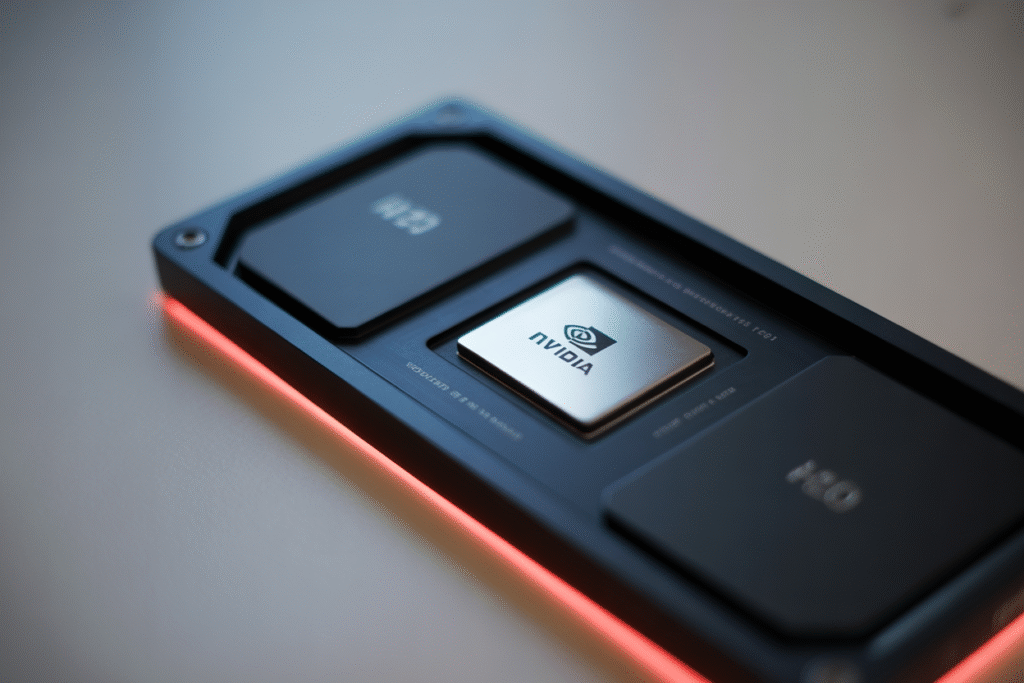China confronts Nvidia over hidden backdoors—learn why AI chip security is the ethics battleground of 2025.
If you thought the biggest AI debate was about chatbots writing novels, think again. On July 31, 2025, China summoned Nvidia to explain how its bestselling H20 AI chips might be silently spying. This isn’t another trade-war headline; it’s a flashing red light for ethics, privacy, and even human relationships in an age run by machines.
The 72-Hour Spark: What Actually Happened?
Early Wednesday morning, China’s cyberspace watchdog issued a surprise order: deliver documents proving your H20 chips are clean. The accusation? Hidden code that can track, geolocate, and remotely shut down hardware anywhere on the planet. Just 48 hours earlier, the United States green-lit those same chips for export, reversing last month’s ban. Critics call the timing a theater of pressure. For AI ethicists who track every twist in the chip supply chain, this is popcorn material. Yet behind closed doors in Beijing, regulators are treating it as a potential breach of national security and individual privacy all at once. The clock is ticking; Nvidia has 72 hours to respond or face an outright sales freeze.
Why AI Backdoors Are Everyone’s Problem
AI chips power the face filters on your phone, the voice assistants in your car, and the surveillance cameras on your street. If a hardware backdoor exists, it can silently stream data anywhere. Think of it as a hidden pipe inside every smart refrigerator, car dashboard, or hospital MRI. Ethicists warn that the harm extends far beyond geopolitics. Hidden backdoors erode trust in human-machine partnerships. Parents reconsider a smart crib that could beam a baby’s vitals to advertisers. Lawyers ask if an autonomous truck that kills a pedestrian can be subpoenaed for hidden logs. Suddenly the stakes become personal, moving from trade balance sheets to your living room.
Three Stakeholder Rifts at the Table
To see where the heat is, zoom in on three camps. Regulators want proof of safety before allowing further rollouts, claiming that any remote kill switch is indefensible. Chipmakers like Nvidia insist the features are lawful export-compliance tools that prevent misuse by rogue states, not covert spyware. Meanwhile, privacy advocates worry about cascading rights violations if every hospital or dating-app server already sold in China runs tainted silicon. Each side cites “AI chip trust” but defines it differently: national security, shareholder interest, or individual rights. That mistrust fractures any hope of a quick resolution.
Possible Scenarios: Crackdown or Contagion?
What happens next deserves a flowchart. Best case: Nvidia quickly proves innocence, sells a new secure revision, and governments adopt transparent audit standards for AI chips. Middle case: China bans the chip, leading to shortages and sputtering cloud services across Asia, slowing AI job growth for months. Worst case? Other nations smell smoke and impose their own bans, fracturing the global AI supply chain overnight. Fragmented markets push prices sky-high, hurting startups and researchers who need GPUs to fight disease and climate change. Where you stand depends on what trade-off you fear more: economic shock waves or silent surveillance.
Practical Steps to Protect Your AI Stack Today
If you run a small clinic or code an indie game, headlines can feel distant. Dig into these quick safeguards. One, vet vendor claims through independent chip audits; some universities now offer open lab tests. Two, layer encryption between any AI device and your network, even if that slows performance by a few milliseconds. Three, maintain an air-gapped copy of critical patient or customer data so that a latent backdoor can’t leak it. Last, support policy drafts like the forthcoming Global Chip Transparency Accord that push for open firmware disclosures. Your voice tilts the scale from hidden risk to open coexistence.


